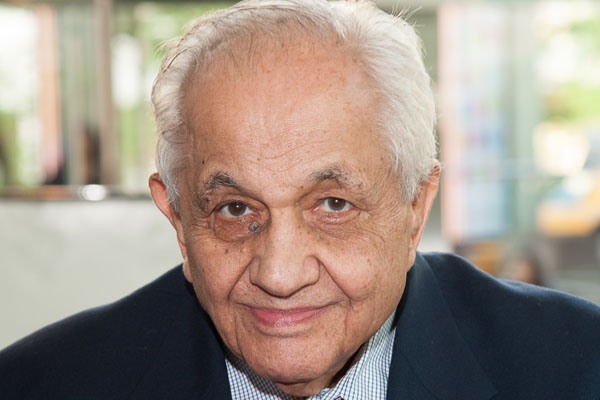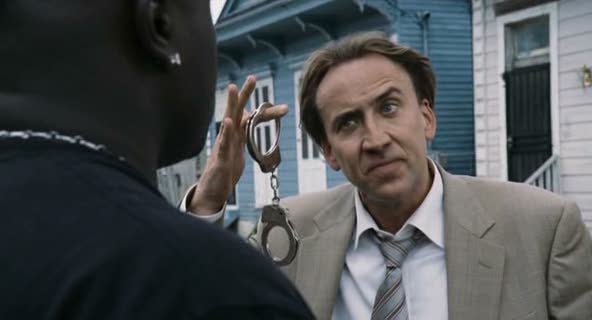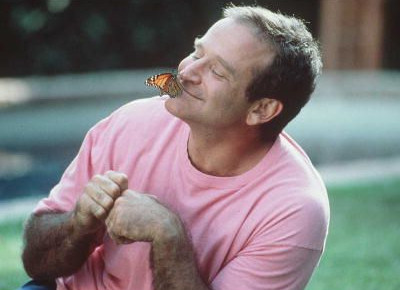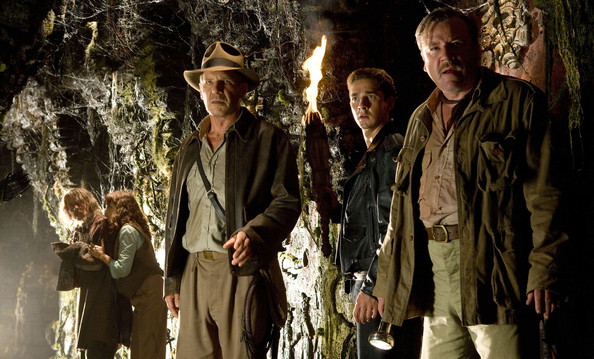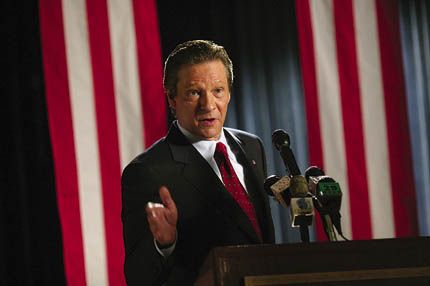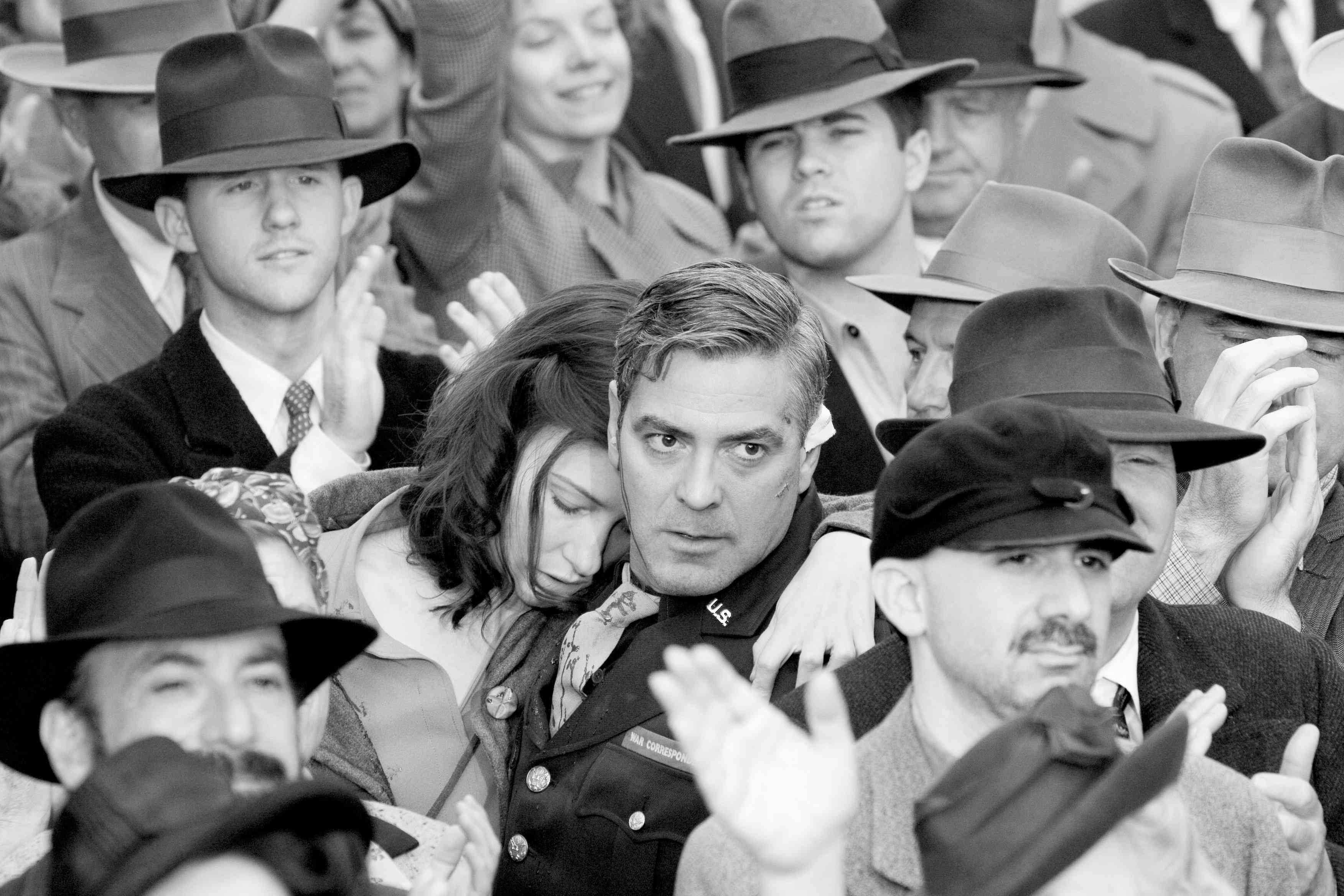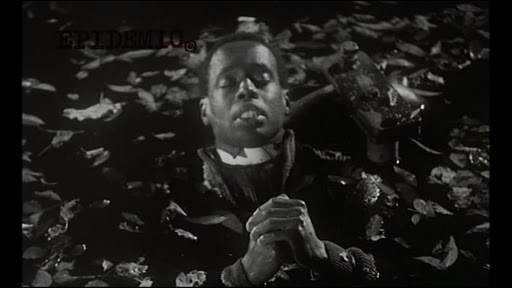WILL THE DEMISE OF KPATZ PLUNGE DAWN INTO DARKNESS?
It is the strict editorial policy of SCREEN-SPACE not to indulge in salacious celebrity gossip. But when a star’s infidelity threatens to derail the most popular franchise of the decade, the commercial ramifications for Hollywood are worth examining.

It certainly wasn’t the first time, nor will it be the last, that the off-screen actions of a film star will cast a pall over the impending release of a highly-anticipated film. But there was something particularly enthralling to industry analysts when news broke of Kristen Stewart’s sexual betrayal of her real-life beau and Twilight leading man Robert Pattinson (pictured, above).
 The revelation that Stewart’s dalliance with director Rupert Sanders (pictured, right), the married 41 year-old father of two who had guided her through the particularly tough shooting schedule on Snow White and The Huntsman, and the subsequent public apology the actress has made to Pattinson were unprecedented in their haste. Many have remarked that it seems entirely at odds with the publicity-shy actress’ usual approach to the media hordes, who have followed her since she was cast as Bella in Summit Entertainment’s series of films based upon Stephanie Meyer’s bestsellers.
The revelation that Stewart’s dalliance with director Rupert Sanders (pictured, right), the married 41 year-old father of two who had guided her through the particularly tough shooting schedule on Snow White and The Huntsman, and the subsequent public apology the actress has made to Pattinson were unprecedented in their haste. Many have remarked that it seems entirely at odds with the publicity-shy actress’ usual approach to the media hordes, who have followed her since she was cast as Bella in Summit Entertainment’s series of films based upon Stephanie Meyer’s bestsellers.
One thing is certain. When US magazine published the revelations, agents and executives went into overdrive to save the reputation of Hollywood’s biggest young star and, more importantly to the LA suits, the box office prospects of the final chapter in the series, Breaking Dawn Part 2, which premieres in a blanket worldwide release in mid-November. It is fair to assume that the strategy behind the written statement of regret issued by Stewart’s camp was two-fold: a) it set in motion the damage-control strategies needed to keep the PR mess in check and, b) it kept a mumbling, awkward starlet from facing the global media glare at a time when she was at her most vulnerable.
 Stewart’s indiscretion differs from, say, Hugh Grant’s dumb idea to take a hooker in 1995 (pictured, right), or Anjelina Jolie’s snaring of married man Brad Pitt on the set of Mr and Mrs Smith. One was a randy Pom’s naivety on his first big LA trip; the other a secretive and unquantifiable liaison impossible to encapsulate in one fell swoop. Regardless, neither hurt their film’s lustre – the comedy Grant was promoting at the time, the forgettable Nine Months, took US$70million; ‘Brangelina’s troubled action pic hit US$187million.
Stewart’s indiscretion differs from, say, Hugh Grant’s dumb idea to take a hooker in 1995 (pictured, right), or Anjelina Jolie’s snaring of married man Brad Pitt on the set of Mr and Mrs Smith. One was a randy Pom’s naivety on his first big LA trip; the other a secretive and unquantifiable liaison impossible to encapsulate in one fell swoop. Regardless, neither hurt their film’s lustre – the comedy Grant was promoting at the time, the forgettable Nine Months, took US$70million; ‘Brangelina’s troubled action pic hit US$187million.
Saving the Twilight franchise may be easier said than done. Doe-eyed fans of the fairytale romance between the film’s stars have fuelled the combined global take of US$2.6billion. But can they look upon the fictional silver-screen love story with the same passion knowing what they now know? (Watch the trailer below and gauge your own reaction....). To say that the magic of their vampiric union is tarnished is an understatement; images of Twilight fanatics sobbing uncontrollably at the revelations have flooded the web.
 There is the potential for many to lose big on this new scandal. IFC Films faces a major challenge in their marketing of On The Road, Walter Salles prestige adaptation of Jack Kerouac’s novel, in which Stewart plays a pivotal role as a sexed-up free-spirit who shares multiple partners (pictured, right, in a promotional still from Cannes 2012). And there is a genuine concern that long-term profit projections on sundry revenue streams such as home-vid and cable for the Twilight films will be dramatically affected, especially if the final chapter falls well below expected blockbuster status.
There is the potential for many to lose big on this new scandal. IFC Films faces a major challenge in their marketing of On The Road, Walter Salles prestige adaptation of Jack Kerouac’s novel, in which Stewart plays a pivotal role as a sexed-up free-spirit who shares multiple partners (pictured, right, in a promotional still from Cannes 2012). And there is a genuine concern that long-term profit projections on sundry revenue streams such as home-vid and cable for the Twilight films will be dramatically affected, especially if the final chapter falls well below expected blockbuster status.
But it is Kristen Stewart who has the most to lose. A public persona steeped in surliness has not endeared her to reporters, who must be licking their lips at the prospect of bringing her down a peg or two. And Hollywood will be seriously evaluating her bankability should Breaking Dawn Part 2 underperform. This potential dissipation of her rabid fan base must be the greatest concern for Stewart and her entourage. In the eyes of 12-25 year-old female moviegoers around the world, she has gone from the romantic heroine of their generation to the woman who was unfaithful to the dreamily romantic and passionately committed perfect-man, Pattinson. As the dawn breaks on her career post-scandal, the actress may face a rude awakening.
 Simon Foster
Simon Foster



